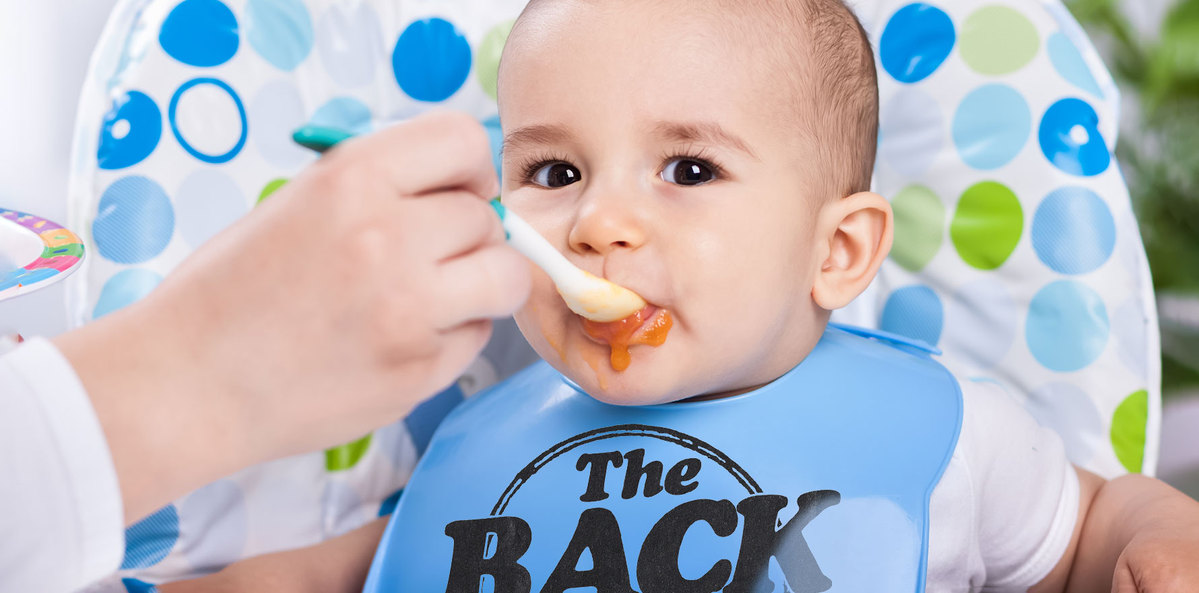Combating the flood of misleading advertising will need more than baby steps.
If there is one genre of advertising that is guaranteed to raise hackles in your correspondent’s household, it is the spruiking of baby and toddler foods of questionable nutritional value.
The life partner of nearly four decades is especially proud of having shepherded three healthy offspring into adulthood with not a single dental cavity among them.
So when the marketers start proclaiming the alleged health benefits of their highly processed and often sugar-laden products, cartoon-style plumes of smoke waft from the ears accompanied by loud proclamations that “there ought to be a law against that”.
And, in fact, there is. It’s just that, according to new research published this week in the journal Maternal and Child Nutrition, the regulations are pretty limited and the majority of manufacturers are thumbing their noses at the rules anyway.
Researchers from Australia’s The George Institute for Global Health undertook a study of more than 300 infant and toddler food products currently available on our supermarket shelves and assessed them against the WHO Regional Office for Europe’s Nutrient and Promotion Profile Model, which was published in 2022 and is considered a gold standard benchmark.
Their findings do not paint a pretty picture.
How many of the 309 products for children aged six months to three years old do you think actually met international guidelines for appropriate promotion?
Did you guess not a single one? That’s right. Zero.
What’s more, over three-quarters of those product also failed to meet standards on overall nutritional requirements, mainly due to having too much sugar or other energy components.
The researchers found that only just 22% of products met all WHO criteria for nutrient composition and not one met the “no prohibited claims” requirement. Prohibited claims include statements such as: “free from colours and flavours”, “organic” and “no added sugar”.
“Time-poor parents are looking for convenience, but most would be shocked by industry’s deceptive marketing tactics suggesting products are healthier than they are, that are rife across this category,” lead author Dr Elizabeth Dunford, a research fellow at The George, told media.
The worst offending products were baby food pouches, a product which has rightly attracted the disapproval of health and nutrition experts in the past.
“Pouches, which account for half of commercial infant food sales and are growing exponentially, had the greatest number of prohibited claims at an average of 5.8 per package,” Dr Dunford said.
With an estimated one in four children in Australia now considered to be overweight or obese, you’d think it would be in everyone’s long-term interests to inject some law and order into this nutritional Wild West.
And to be fair, the nation’s food ministers this month launched a public consultation into improving commercial foods for infants and children in Australia and New Zealand, with submissions closing on 13 September.
Potential regulatory actions that are being considered include reviewing appropriate claims use and restricting the number of claims permitted on each pack.
Call me an old sceptic, but I reckon it’s going to need stronger action than that to turn back the tide.
Send all-natural, sugar-free story tips to penny@medicalrepublic.com.au.


